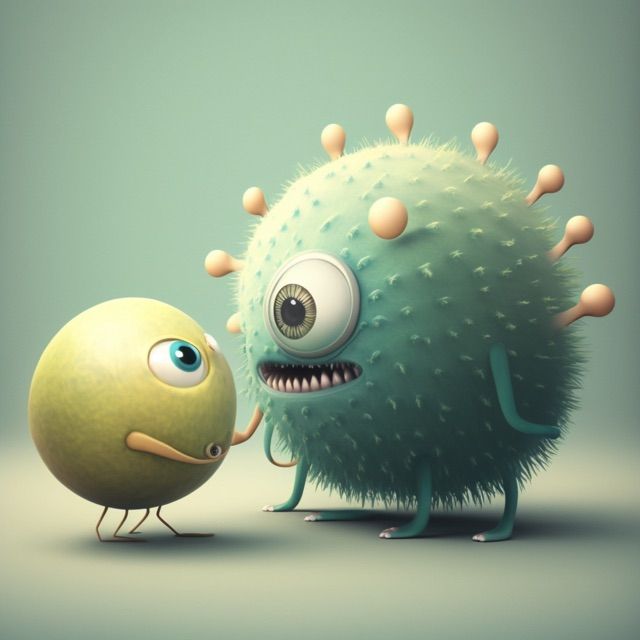Why is Touch so ‘Touchy’?
All senses evoke emotions. But vision, our most developed everyday sense, evokes least. And touch, the most.

All senses evoke emotions.
But vision, our most developed everyday sense, evokes least. And touch, the most.
We can be watching a horror movie and still feel safe, wrapped in our partner's arms. But we cringe if someone we dislike touches our hand, no matter how beautiful the surroundings are.
We can see till a mile away. Hear thunder from farther away. Smell a scent a long way apart, if it’s borne on a little breeze.
That leaves the two senses that need to be ‘on us’ to be experienced.
Touch and taste.
Taste, despite it’s popularity, is a little sister to smell. Think of the time you had a stuffy nose and couldn’t taste a thing.
Then, there’s touch.

It is the most basic sensation. The most primitive one.
Every living organism has some sense of touch
In a single celled amoeba, touch is a poke on its cell membrane. Yet one that it interprets and acts upon, altering the world within based on the inputs from outside.
Having evolved with life on earth, touch is pretty sophisticated in fancy organisms like us. There are different receptors sensing many kinds of touch. And there are so many of them, all over us.
This means that
Touch is a ‘visceral’ experience, tied to our very core.
Since touch is triggered only when something or someone is upon us, there’s no time to think or plan.
So it triggers a bundle of unconscious responses. Huge chunks of that information are not available to the conscious, verbal parts of our brain. This makes it tricky to label or analyse it.
Can we ever describe a touch the way we talk about a vivid visual?
Yet, this pervasive sense rules our sensory lives. Triggering feelings and emotions that often stay outside our awareness.
Aren’t we ignoring the way our clothes touch our body just this moment? Do we entirely know, what it makes us feel?
Touch touches our lives, deeply and continuously.
And many a time, unconsciously.